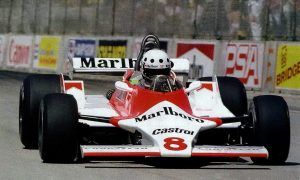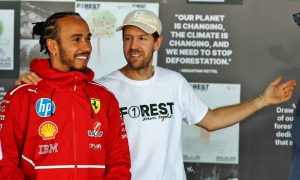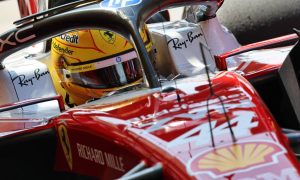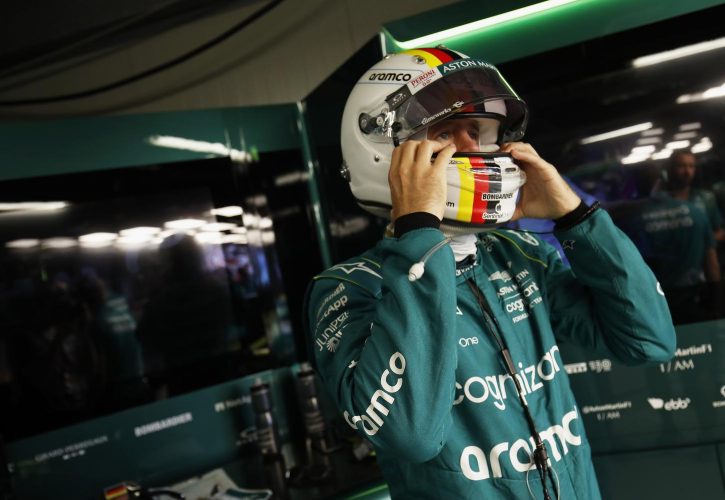
Sebastian Vettel believes Formula 1 is right to race in countries that boast a poor record on LGBTQ rights, as if it didn't the sport would be "powerless" to exert change.
Along with his former arch-rival Lewis Hamilton, Vettel has become Grand Prix racing's resident activist, with the four-time world champion regularly voicing his concerns on the environment as well as on human rights, and often urging F1 to do more on both fronts.
Last year, the Aston Martin driver displayed his "pride" colors in Hungary, sporting a rainbow T-shirt on the grid in support of the country's LGBTQ+ community following the introduction of a law in Hungary banning the representation of homosexuality and transgender individuals in schools and entertainment programs destined to under 18-year-olds.
Picking up on the same theme, Vettel is featured on the cover of the July/August issue of British gay lifestyle magazine Attitude to which the German gave an exclusive interview as a heterosexual athlete and sports personality.
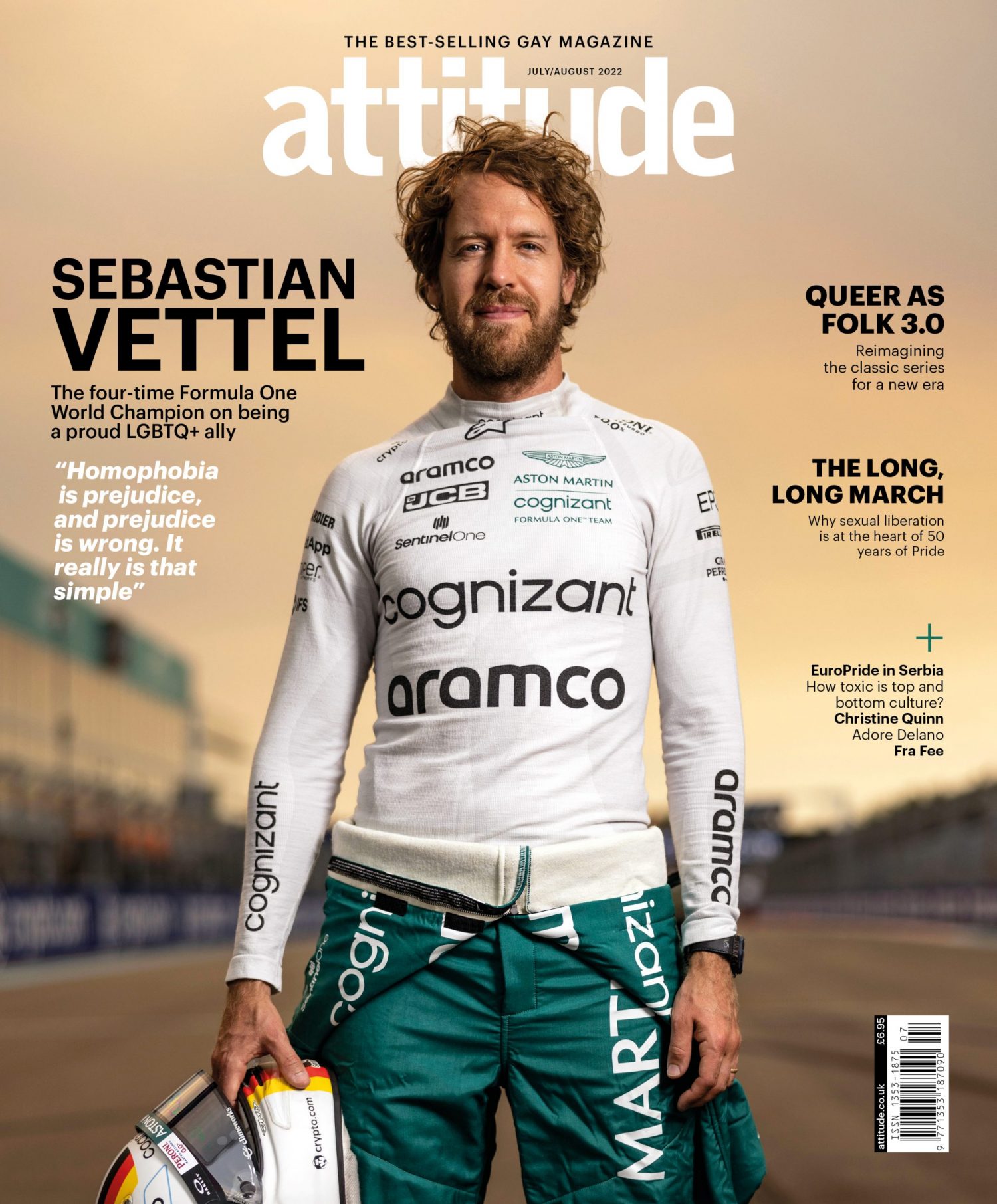
Speaking on F1's often criticized travels to countries that don't tolerate homosexuality or LGBTQ rights, Vettel said the sport would be wrong to disregard those nations, arguing that "values and principles can't stop at borders".
"As far as LGBTQ rights are concerned, there are some countries we visit that are tougher than others. We could refuse to race there – but what then? If we don't race we'd be powerless to make any difference at all," he said.
"But by racing in those countries and politely, but firmly, standing up for what's important we can have a positive impact. Values and principles can't stop at borders."
Addressing his stance last year on Hungary's anti-LGBTQ policy, Vettel said that he stood up for the diversity cause hoping to increase F1 fans' awareness for it.
"I did it because I wanted to show that I didn't, and wouldn't, endorse the anti-LGBTQ legislation that had recently been enacted," he explained.
"I didn't do it to be popular, but if LGBTQ people who had been upset by the legislation were encouraged to see that I'd stood up against it, obviously that's pleasing to know.
"And perhaps more F1 fans have begun to think about diversity and inclusivity because of the actions of some of us – and, if they have, I'm pleased. I'm happy and honoured to be your straight ally!"
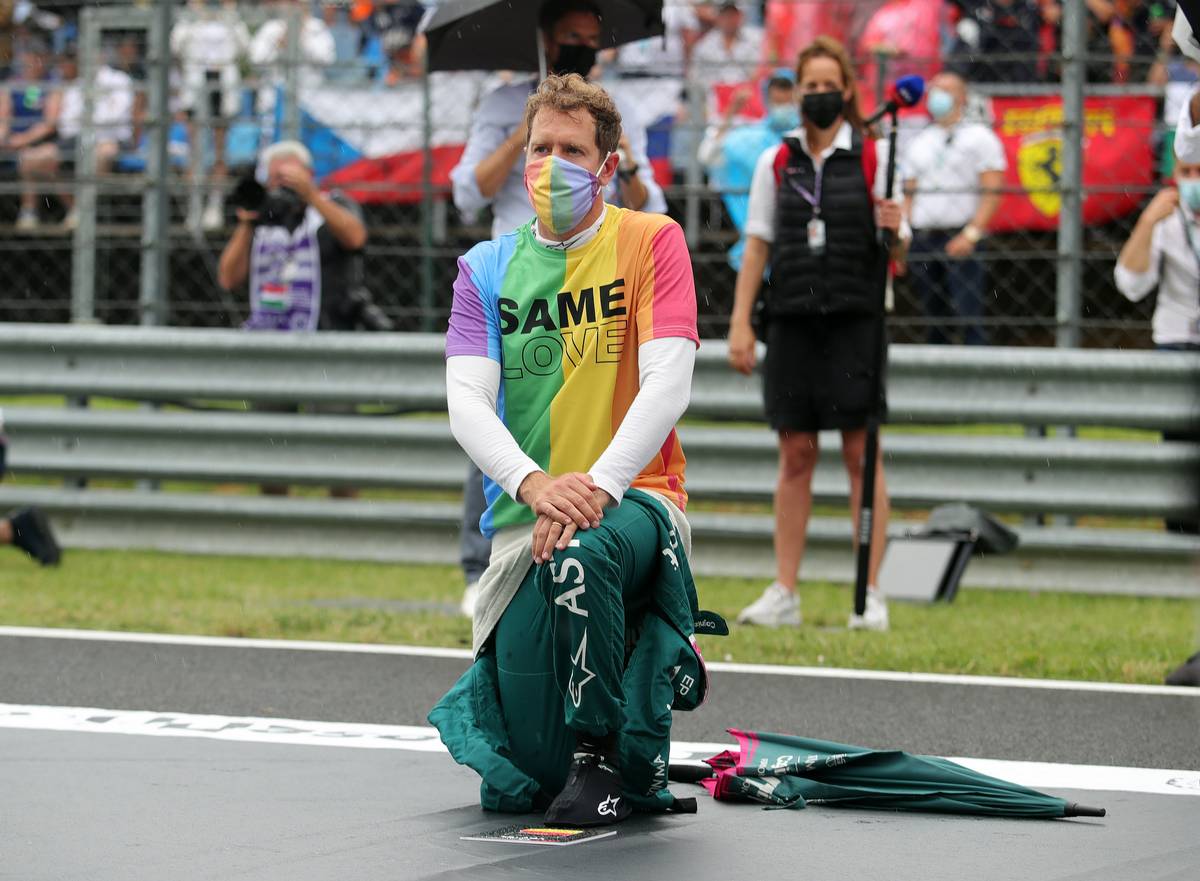
Vettel admits that he's heard intolerance expressed in the Formula 1 paddock in the past, but now feels more confident to take a stand against homophobia.
"I've not seen it directly, but indirectly I've heard people talking negatively about LGBTQ people and the LGBTQ community," he told Attitude.
"Whenever I heard those things it always felt wrong, but today I'm more confident to speak up and shut them down. Homophobia is prejudice, and prejudice is wrong. It really is that simple."
The 34-year-old also believes that an evolution of the mentalities in Formula 1 mean that an openly gay driver would be widely accepted on the grid.
"Perhaps it wouldn't have been the case in the past, but now I think a gay F1 driver would be welcomed – and rightly so," he said.
"I feel that a gay driver would help to speed up the elimination of prejudice and help push our sport in a better direction. So I think and hope our sport would be ready for one."
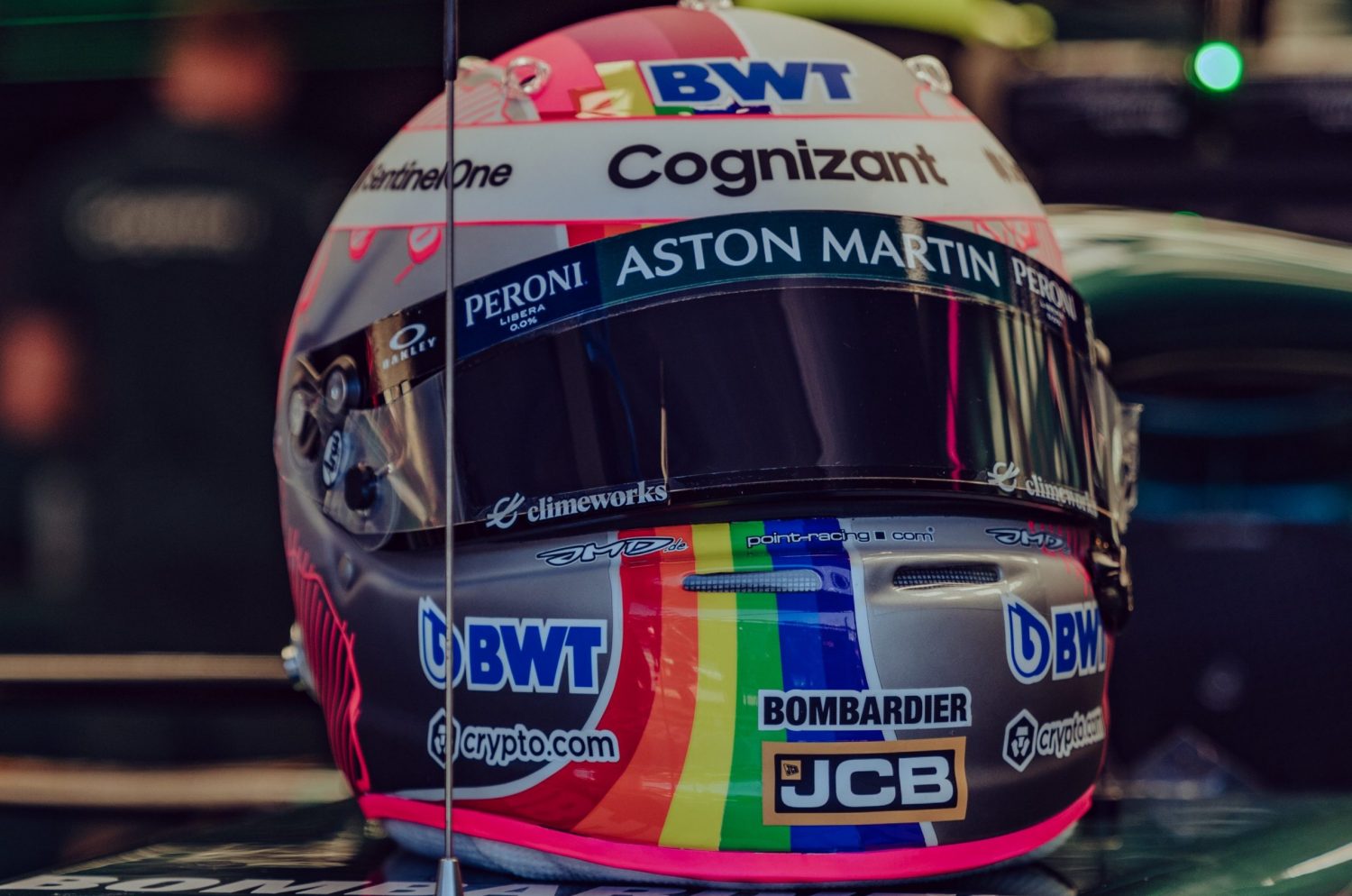
Still, the sport needs to do more to promote diversity within its ranks, says Vettel.
"It's getting better, you do now see a few engineers and mechanics who feel able to be more open," he said.
"But there's still more we can do to improve diversity and inclusivity in motorsport, not only in terms of sexuality but also by supporting and encouraging women, people of colour, those with disabilities and so on.
"Formula 1 has started a movement called 'We Race As One', which is good, but we all have to make a concerted effort to ensure that it actually achieves positive change; so we act on it rather than just talk about it."
Keep up to date with all the F1 news via Facebook and Twitter



